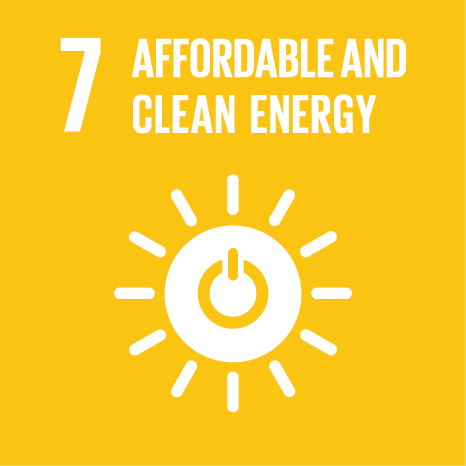Ciência_Iscte
Publications
Publication Detailed Description
Journal Title
Journal of Environmental Psychology
Year (definitive publication)
2015
Language
English
Country
United Kingdom
More Information
Web of Science®
Scopus
Google Scholar
Abstract
Large-scale renewable energy and associated technologies (RET), such as high voltage power lines (HVPL), often meet opposition from the local communities living nearby. Research has suggested that one of the main aspects that might contribute to this is the fact that RET are represented as industrial and urban, and thus, as having a different essence from rural landscapes, where they are usually deployed and which are represented as natural and unspoilt. However, this 'hypothesis' of landscape essentialisation shaping people's responses to RET has not been explicitly examined. By drawing upon research from Social Psychology and Human Geography on essentialisation, we will examine if and how landscape (de-)essentialisation plays a role in people's responses to RET. Namely, by examining it as a rhetorical construction that can be strategically used to negotiate and legitimize given relations with place and associated responses to RET.Focus groups were conducted in the UK and Norway with members of local communities to be affected by the construction of HVPLs that will connect to new low carbon energy technologies. Analyses show that participants present British and Norwegian rural landscapes in general and HVPL as having two different essences, which justifies opposition to those infrastructures. However, analyses also show that essentialisation of the countryside is strategically used. Namely, participants also present the countryside in the place where they live as having more of the essence of the British or Norwegian countryside than other areas of the UK and Norway. In turn, this allows them to legitimize claims that whereas HVPL are 'out of place' in the countryside in general, they are more so in the place where they live.The implications of these results for the definition of acceptable locations for RET and for research on people-place relations and responses to place change, are discussed.
Acknowledgements
--
Keywords
(de-)essentialisation,People–place relations,Renewable energy and associated technologies,Social psychology,Human geography
Fields of Science and Technology Classification
- Psychology - Social Sciences
- Social and Economic Geography - Social Sciences
Funding Records
| Funding Reference | Funding Entity |
|---|---|
| UID/PSI/03125/2013 | Fundação para a Ciência e a Tecnologia |
| 207774 | Research Council of Norway |
Contributions to the Sustainable Development Goals of the United Nations
With the objective to increase the research activity directed towards the achievement of the United Nations 2030 Sustainable Development Goals, the possibility of associating scientific publications with the Sustainable Development Goals is now available in Ciência_Iscte. These are the Sustainable Development Goals identified by the author(s) for this publication. For more detailed information on the Sustainable Development Goals, click here.

 Português
Português




